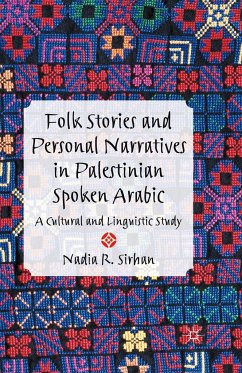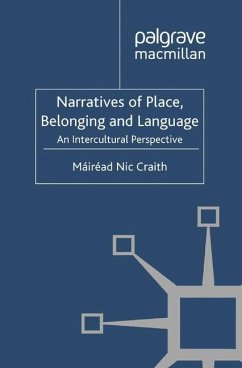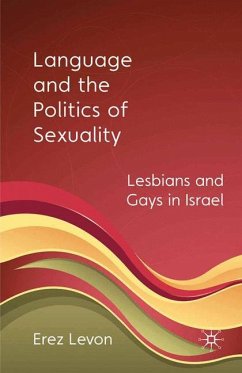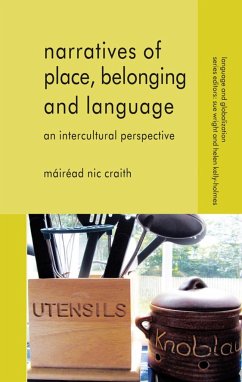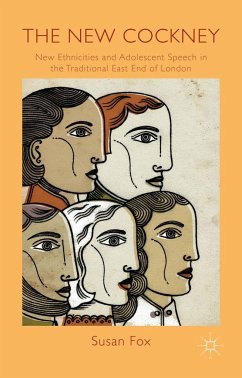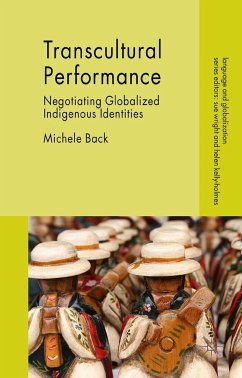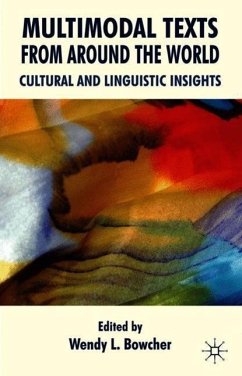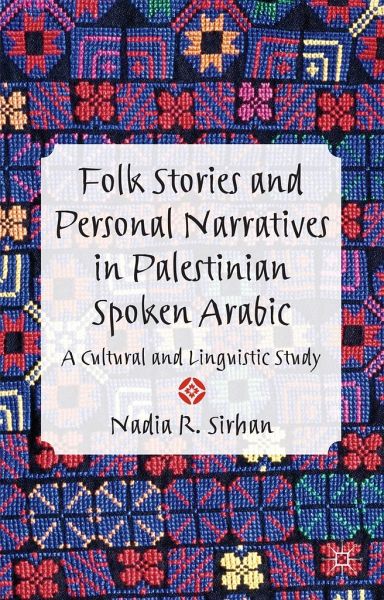
Folk Stories and Personal Narratives in Palestinian Spoken Arabic
A Cultural and Linguistic Study
Versandkostenfrei!
Versandfertig in 6-10 Tagen
38,99 €
inkl. MwSt.
Weitere Ausgaben:

PAYBACK Punkte
19 °P sammeln!
By analysing the folk stories and personal narratives of a cross-section of Palestinians, Sirhan offers a detailed study of how content and sociolinguistic variables affect a narrator's language use and linguistic behaviour. This book will be of interest to anyone engaged with narrative discourse, gender discourse, Arabic studies and linguistics.





